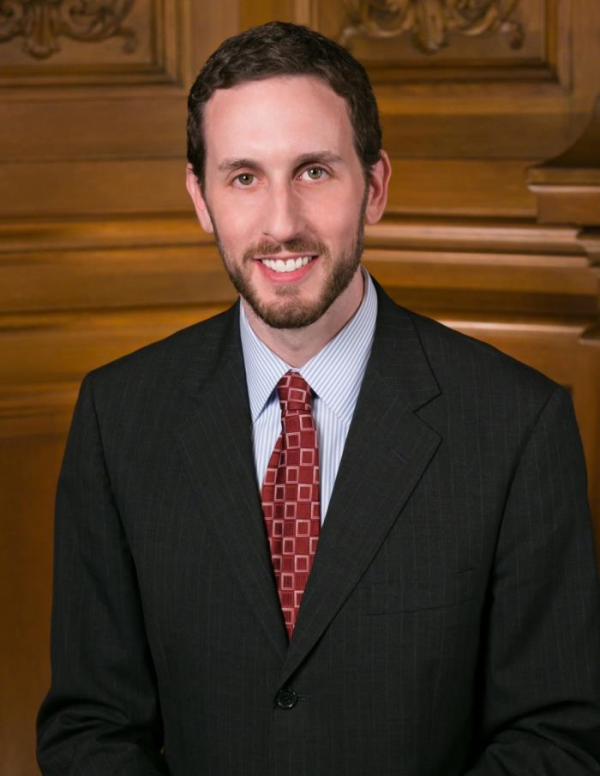
By Tim Redmond
JUNE 17, 2014 – At a time when Mayor Ed Lee is doing everything possible to shut down the city’s aspirations for public power, Supervisors Scott Wiener and London Breed are introducing legislation that could put San Francisco directly in the retail electricity business – at least, on a limited scale.
Wiener and Breed want to sell the city’s Hetch Hetchy hydropower directly to commercial customers – taking those customers away from Pacific Gas and Electric Co.
The two are introducing legislation today that would give the city’s Public Utilities Commission the right of first refusal to sell electricity, at retail rates, to any new development projects, including both business and residential, in San Francisco.
The idea, Wiener told me, is to get more customers for the city’s power enterprise, which badly needs new revenue to pay for maintenance and system upgrades. For example, the city has about 25,000 streetlights – and only $250,000 a year to maintain all of them.
Right now, Hetch Hetchy power goes to city departments and agencies; it powers Muni, the San Francisco Airport, and the lights at City Hall. All of the users get the power, generated at the city-owned hydropower project in the high Sierra — essentially at cost.
But there’s power left over most of the time, and that’s dumped at wholesale rates on the open market – part of a dubiously legal deal the city cut years ago with PG&E.
If this legislation is approved, the excess power could be sold at retail rates – comparable to what PG&E gets – to new office buildings and residences. The potential revenue is significant: If upcoming developments bought, say, 100 megawatts of power (not at all inconceivable given all the construction going on in the city) the SFPUC could net $40 million a year.
While Wiener wants much of that money to go for infrastructure improvements – which everyone agrees are needed – some could ultimately be used to fund other clean-power projects, which would generate more revenue for the city, which could fund further energy development.
Ultimately, the SFPUC could take on the role of a public-power agency, selling large amounts of retail power.
The project would demonstrate that the city is entirely capable of running a power system, and that it’s a lucrative venture – two critical arguments in pushing for a larger role for public power in San Francisco.
And it could add incentive for the mayor and the SFPUC to quit blocking CleanPowerSF, which might work nicely with this larger role for the city in selling its own carbon-free energy.
Given the strong support on the board for clean energy and public power, it’s likely Weiner will get enough votes for passage. He’ll probably get eight, enough to override a mayoral veto.
It’s hard to imagine how the mayor could oppose a deal that takes electricity we now dump for cheap and allow the city to sell it at market-rates. Except that this will take customers from PG&E, and put the city on a road that could lead to the private utility being replaced by a public agency.
Let’s see what kind of attack the company comes up with.



